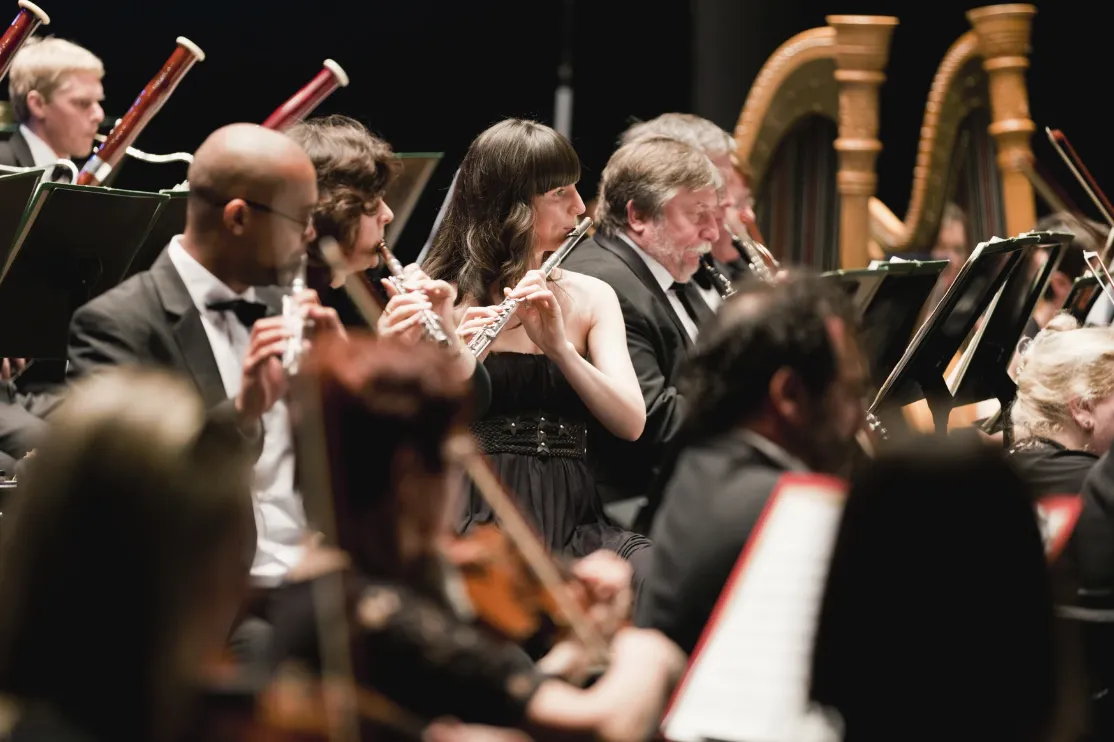The American newspaper columnist Don Marquis once observed that ‘an optimist is a guy that hasn’t had much experience’. I disagree.
Sometimes, experience makes you more optimistic. Being able to look back decades often reminds you that what seems terrible now wouldn’t even feature in the premier league of human catastrophes.
If ever there was a time to test that thesis, it’s now. Whatever help the government provides to struggling households and businesses, it appears inevitable that there will be hardship this winter for millions. In those circumstances it seems a little crass to fret about what happens to a ‘luxury’ such as music. However, you wouldn’t be reading this magazine if you didn’t care deeply about that very question.
And there’s plenty to care about. Concert halls, theatres and rehearsal spaces are already being clobbered with electricity bills far in excess of their public funding. Musicians, unlike railway workers, have no industrial muscle to force their pay upwards in an attempt to keep pace with roaring inflation.
Nor are orchestras and opera companies able to raise ticket prices. Audiences are only just returning after the pandemic, and many people are already reducing their leisure spending. So performers and backstage staff are trapped in a spiral of decreasing living standards. ‘The outlook is as grim as I’ve known it,’ one orchestral manager told me recently – and I had always thought of him as one of the cheerier members of his frazzled profession.

So how can ‘experience’ make us marginally less gloomy about what the winter holds for music and musicians? Well, my experience includes writing the centenary history of the London Symphony Orchestra, which was founded in 1904. It’s fair to say that, in the century that followed, this illustrious band teetered on the edge of obliteration almost every decade.
During the two world wars it lost players, several killed in action. It lost instruments when the Queen’s Hall was bombed during the Blitz. It had to make deals with shady financiers and industrialists to survive the Depression. And even as late as the 1980s, when Margaret Thatcher’s antipathy to subsidised arts unfortunately coincided with the LSO’s dreadfully planned move to the Barbican, the orchestra was at one point just a few hours from bankruptcy.
But it survived – as did the other British orchestras who played on through recessions, wars and pandemics (and don’t forget that the 1919 flu epidemic killed more people in the UK than have died from Covid-19).
More than that, it was often when economic conditions were hardest that visionary individuals devised bold new projects. Consider, for instance, the remarkable list of arts institutions founded in the three years after the Second World War. They include the Royal Opera, Third Programme (forerunner to Radio 3), Edinburgh Festival, Aldeburgh Festival, Arts Council, Royal Philharmonic Orchestra and Philharmonia Orchestra.
And remember the state of the nation at that time. Britain was almost broke. Many cities were still flattened by bomb craters. Basic groceries, household items and petrol would continue to be rationed until the 1950s. What a leap of faith it must have taken to start up a new festival or orchestra at such a time. Yet all the organisations listed above are still alive and kicking today.
The secret of their success? They fed a real hunger for classical music and the arts. After six years of war, people wanted to enjoy the fruits of peace. And when I write ‘people’ I mean a much broader cross-section of society than had enjoyed the arts before the war.

Ordinary people felt they had just as much right as the toffs did to enjoy ‘highbrow’ arts. People like my father, a battle-scarred young soldier on leave from Germany for a week, who wanted to impress his girlfriend (my future mother) by buying opera tickets for the first time in his life – and ended up attending the first night of Peter Grimes.
Yes, wonderful musicmaking can happen in times of extreme hardship, if people want it badly enough. So my message to all readers is: want it badly enough! If you can afford it, buy more tickets, not fewer. Support adventurous programmes and young musicians trying to get their careers going. Join a choir. Get your kids involved in your local music hub.
The fact is that the survival of classical music isn’t just in the hands of classical musicians – inspirational though they can be. It's in our hands as well. If we don’t support it now, we will assuredly lose it.
Photo by Getty Images

